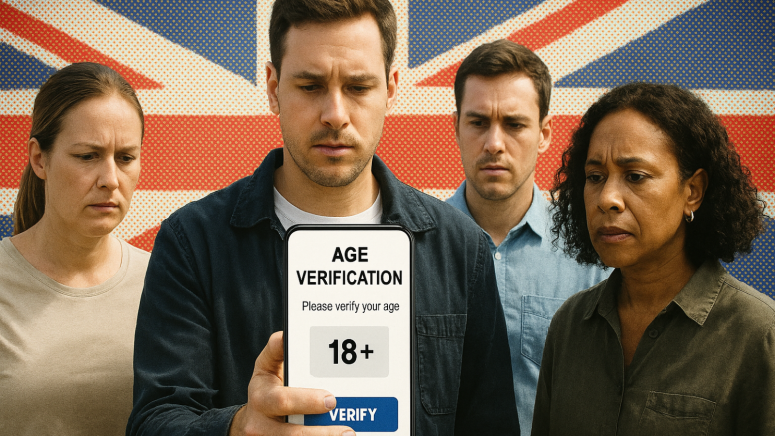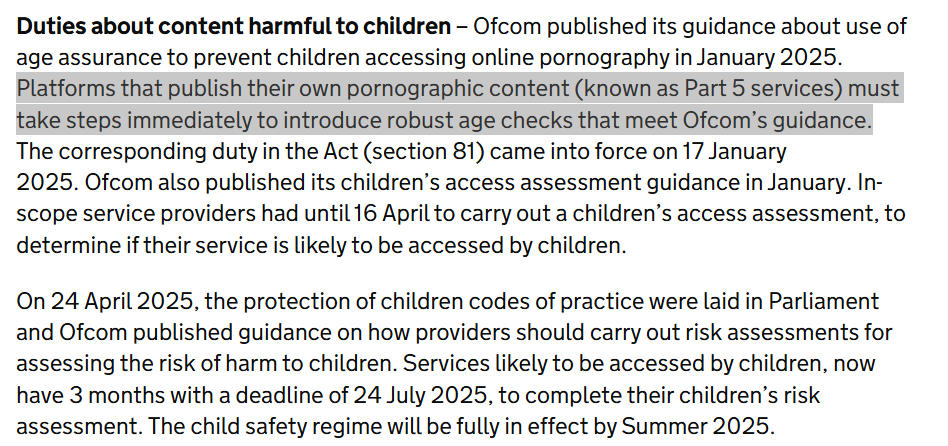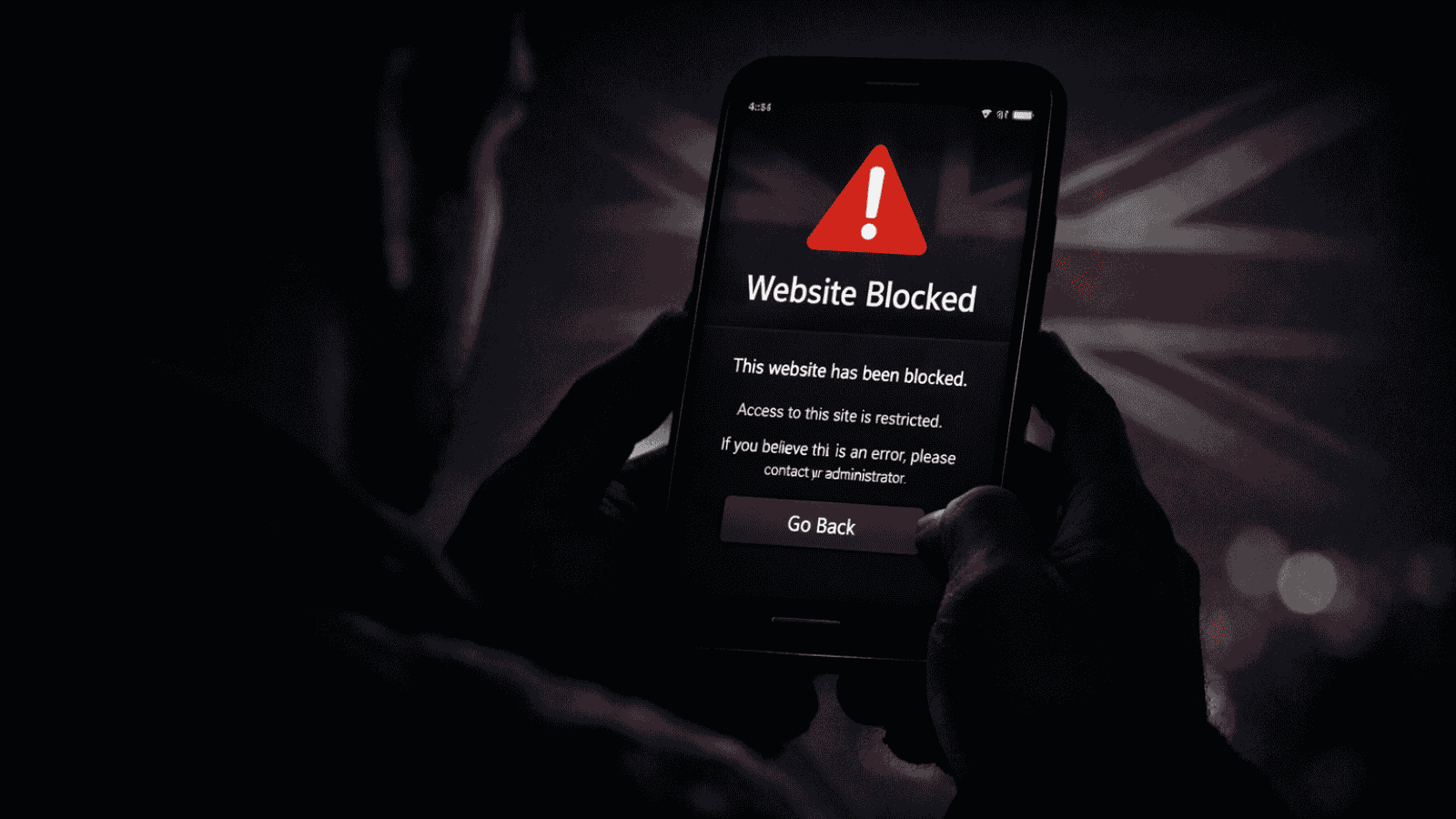
UK’s Age Verification Law Goes Live: What It Means for Users and Privacy
- Stronger Age Checks Required: Websites must verify UK users are over 18 with official methods.
- Privacy Concerns Rise: Critics warn age checks reduce anonymity and risk data privacy violations.
- VPN Use Discouraged: Ofcom advises against VPNs; platforms cannot promote VPNs to bypass checks.
A major shift in how people in the UK access online content has officially begun. As of July 25, 2025, websites and apps hosting adult or potentially harmful content must verify that users are over 18. The new rule is part of the UK’s Online Safety Act, which aims to shield minors from harmful material, but it’s raising serious concerns around privacy, access, and digital rights.
UK Age Checks Now Mandatory for Adult and Risky Content
What Has Changed?
Under new Ofcom guidelines, websites can no longer rely on the usual “I’m over 18” checkbox. Instead, stronger age checks are now required, especially for services that may expose users to:
- Adult content
- Suicide or self-harm material
- Eating disorder-related content
- Other potentially harmful or sensitive content
Who Is Affected?
This isn’t just about adult websites. Several major platforms, including Reddit, Grindr, X (formerly Twitter), and Bluesky, have already introduced age checks. More apps and websites are expected to follow. These platforms can either handle the checks themselves or partner with third-party verification providers.
How Are UK Age Checks Done?
Age verification methods currently being used or tested include:
Current age verification methods being used or tested include facial age estimation, which uses AI to analyze a person's face to estimate their age, and photo-ID matching, where a user submits an ID photo that is compared to a live image.
Other techniques involve bank or credit card checks to confirm age through financial data, and mobile network operator age checks that verify a user’s age through their mobile account details. Email-based age estimation analyzes email metadata or creation dates, while digital ID wallets provide verified personal data, including age, through secure, user-controlled digital identities.
Critics Raise Red Flags
Privacy experts, digital rights advocates, and users have raised concerns about how these new checks could compromise online anonymity.
According to Stanford policy researcher Riana Pfefferkorn, the biggest issue is that age checks reduce people’s ability to access the web anonymously, which could discourage visits to sensitive but legal content like mental health forums or LGBTQ+ spaces.
Public Pushback
Over 340,000 people have signed a petition to repeal the law, mostly due to its potential to harm data privacy. Critics also fear a rise in surveillance, censorship, or data breaches, particularly if sensitive user information is mishandled or stored insecurely.
Ofcom’s Response
The regulator says it’s working closely with the Information Commissioner’s Office (ICO) to ensure all checks follow UK data protection laws. It emphasizes that age checks are meant to protect children, not to spy on adults or limit legal internet use.
Can a VPN Bypass the UK Age Checks?
Yes, but it’s complicated. Many people are turning to the best VPN services to avoid age verification by routing their traffic through countries without such restrictions. In theory, this masks the user’s real location and helps bypass identity checks.
However, Ofcom strongly advises against this.
Ofcom has warned parents that if children use VPNs to bypass checks, they won’t benefit from the protections offered by the Online Safety Act. This could lead to unfiltered exposure to harmful content, undermining the law’s intended safeguards.
It’s still early days, but the UK’s new age verification rules are already reshaping how users access online services. While they aim to protect children, the long-term effects on privacy and internet freedom are still unfolding.
More platforms are expected to roll out verification tools in the coming weeks, and both compliance strategies and enforcement measures will evolve over time.
As this policy becomes the norm in the UK, and possibly spreads to the EU and beyond, users will need to make informed decisions about their privacy, access tools, and digital habits.
















